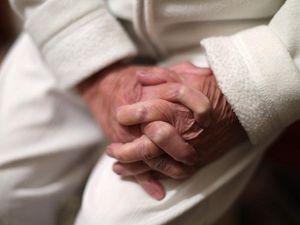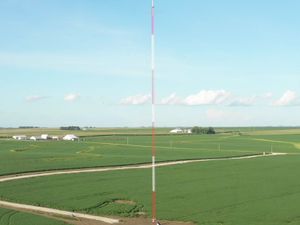Lack of sleep may encourage the onset of Alzheimer’s for those prone to the disease, study shows
Poor sleep may increase the chances of people at risk of Alzheimer’s developing the disease, a study has shown.Scientists conducted spinal fluid tests on 101 people with an average age of 63 who had a family history of Alzheimer’s or carried a gene linked to the condition.Participants who reported the worse sleep quality or suffered …

Poor sleep may increase the chances of people at risk of Alzheimer’s developing the disease, a study has shown.
Scientists conducted spinal fluid tests on 101 people with an average age of 63 who had a family history of Alzheimer’s or carried a gene linked to the condition.
Participants who reported the worse sleep quality or suffered from daytime drowsiness had more biological markers for Alzheimer’s than those without sleep problems.

Lead scientist Dr Barbara Bendlin, from the University of Wisconsin-Madison in the US, said: “Previous evidence has shown that sleep may influence the development or progression of Alzheimer’s disease in various ways.
“For example, disrupted sleep or lack of sleep may lead to amyloid plaque build-up because the brain’s clearance system kicks into action during sleep.
“Our study looked not only for amyloid but for other biological markers in the spinal fluid as well.”
Not everyone with sleep problems in the study had abnormalities in their spinal fluid, the researchers pointed out.
For example, there was no link between biological markers for Alzheimer’s and obstructive sleep apnoea.
The results, reported in the journal Neurology, remained the same after taking into account factors such as medication use for sleep problems, level of education, depressive symptoms or body mass index (BMI).
Dr Bendlin added: “It’s still unclear if sleep may affect the development of the disease or if the disease affects the quality of sleep.
“More research is needed to further define the relationship between sleep and these biomarkers.

He added: “It is important to remember that it was a small study that relied on people reporting their own sleep quality, which is not the most accurate measurement.
“It remains unknown whether poor sleep is associated with Alzheimer’s risk or whether people are sleeping poorly due to Alzheimer’s disease.”





